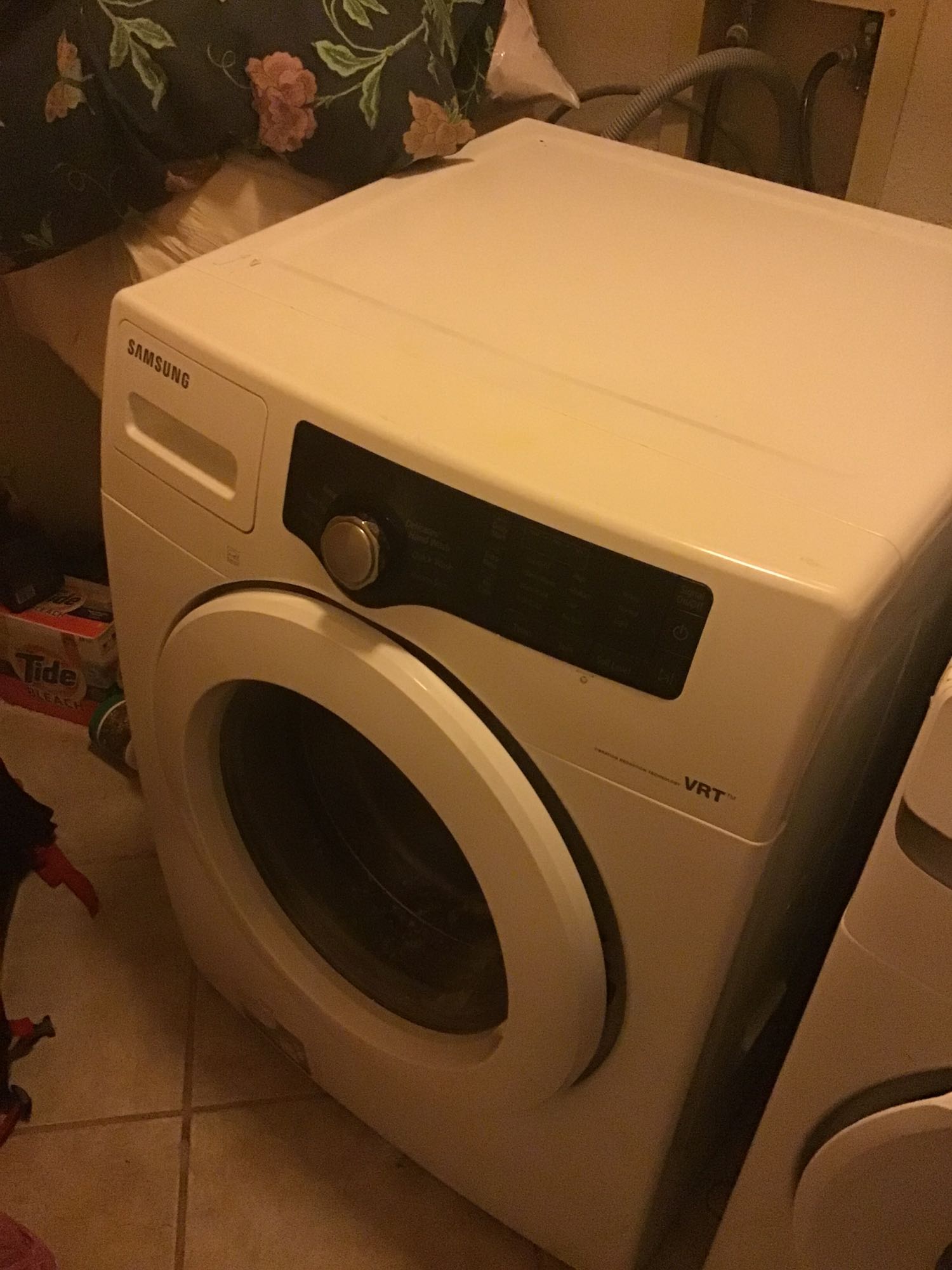When a Bosch washing machine displays the F21 error code, it’s generally interpreted as a motor-related fault—often pointing toward issues such as a blocked drum, worn-out brushes, or faulty control board. But what if the motor is running, the drum spins as expected, yet the F21 error persists? This situation is more common than many homeowners think, and the root cause can often be traced back to a hidden problem: a malfunctioning tachogenerator.
What Is the F21 Error on Bosch Washing Machines?
The F21 error typically signifies a motor fault—especially a failure in the motor’s rotation or issues with feedback signals. Bosch washers are designed to monitor the motor’s performance continuously. If the machine detects inconsistencies in the expected behavior of the motor, it stops the cycle and triggers the F21 code.
But what if the motor spins without a problem? The machine fills with water, the drum rotates during the wash cycle, and even the spin cycle starts—yet the F21 code interrupts the process. This points to a subtler, often overlooked issue: inaccurate RPM readings from the tachogenerator.
Understanding the Tachogenerator’s Role
The tachogenerator (or tacho sensor) is a critical component responsible for sending real-time feedback about the drum’s rotational speed to the control board. It is usually attached to the motor shaft. The control module uses these readings to adjust motor power and ensure optimal performance for different washing phases.
If the tachogenerator fails to send accurate signals—or sends erratic data—the control board may believe the motor is behaving abnormally, even if it’s spinning normally. In such cases, the system will falsely interpret the issue as a motor failure and display the F21 error.
Signs the Tachogenerator May Be the Problem
When the F21 error appears but the engine still runs, look out for these signs:
- Motor starts but jerks or hesitates.
- Inconsistent drum rotation speed.
- Cycles stop abruptly even though washing is in progress.
- F21 appears after a high-speed spin starts.
These symptoms suggest that while the motor is operational, the system is not receiving valid feedback from the tachogenerator. That feedback gap confuses the electronics, prompting a safety shutdown.
Why the Tachogenerator Fails
There are a few key reasons the tachogenerator might malfunction:
- Physical damage or loose connection – Vibrations can loosen the wires or damage the sensor housing.
- Worn-out magnet – The sensor relies on a magnetic field to detect movement. If the magnet weakens over time, accuracy declines.
- Internal coil failure – The tachogenerator contains a coil that can burn out or short, rendering it ineffective.
- Corrosion or moisture – If the washing machine is used in humid environments or not regularly serviced, moisture can corrode the sensor or connector pins.
How to Diagnose the Issue
A multimeter can help check the resistance of the tachogenerator coil. Normally, you should read between 100–250 ohms, depending on the model. If the reading is significantly outside this range—or if there’s no continuity at all—the tachogenerator is likely defective.
You can also perform a quick functional test:
- Disconnect the wires from the tachogenerator.
- Spin the motor shaft by hand while measuring voltage at the terminals.
- You should see a small alternating voltage (around 1–3 V AC). If there is no voltage, the tachogenerator isn’t working.
However, if you’re not confident handling electrical components, it’s better to leave the diagnostics to professionals.
Why You Should Act Quickly
Ignoring an F21 error—even if your washer seems to function normally—can cause more serious problems over time. Incorrect RPM readings can lead to poor wash quality, motor overload, or even premature wear of the control board.
Plus, continuous cycle interruptions can damage clothing or leave loads unfinished. Addressing the root cause early can save you money and extend your washer’s life.
Trust the Experts
While it might be tempting to open the machine and try to fix things on your own, modern Bosch washers involve complex electronic systems that require precise diagnostics. At Home Appliance Service Center, our trained technicians specialize in Bosch appliances and have the tools and experience to identify the exact cause of your F21 error.
We’ll check the tachogenerator, inspect the motor and control board, and get your washer back to working like new—quickly and affordably.
Don’t let a hidden sensor issue cause more damage.
If your Bosch washing machine shows an F21 error while the motor is still running, it’s time to call the professionals.
Contact Home Appliance Service Center today and restore your washer’s performance the smart way.
Contact us
 619-928-5000
619-928-5000  Request Service
Request Service 
